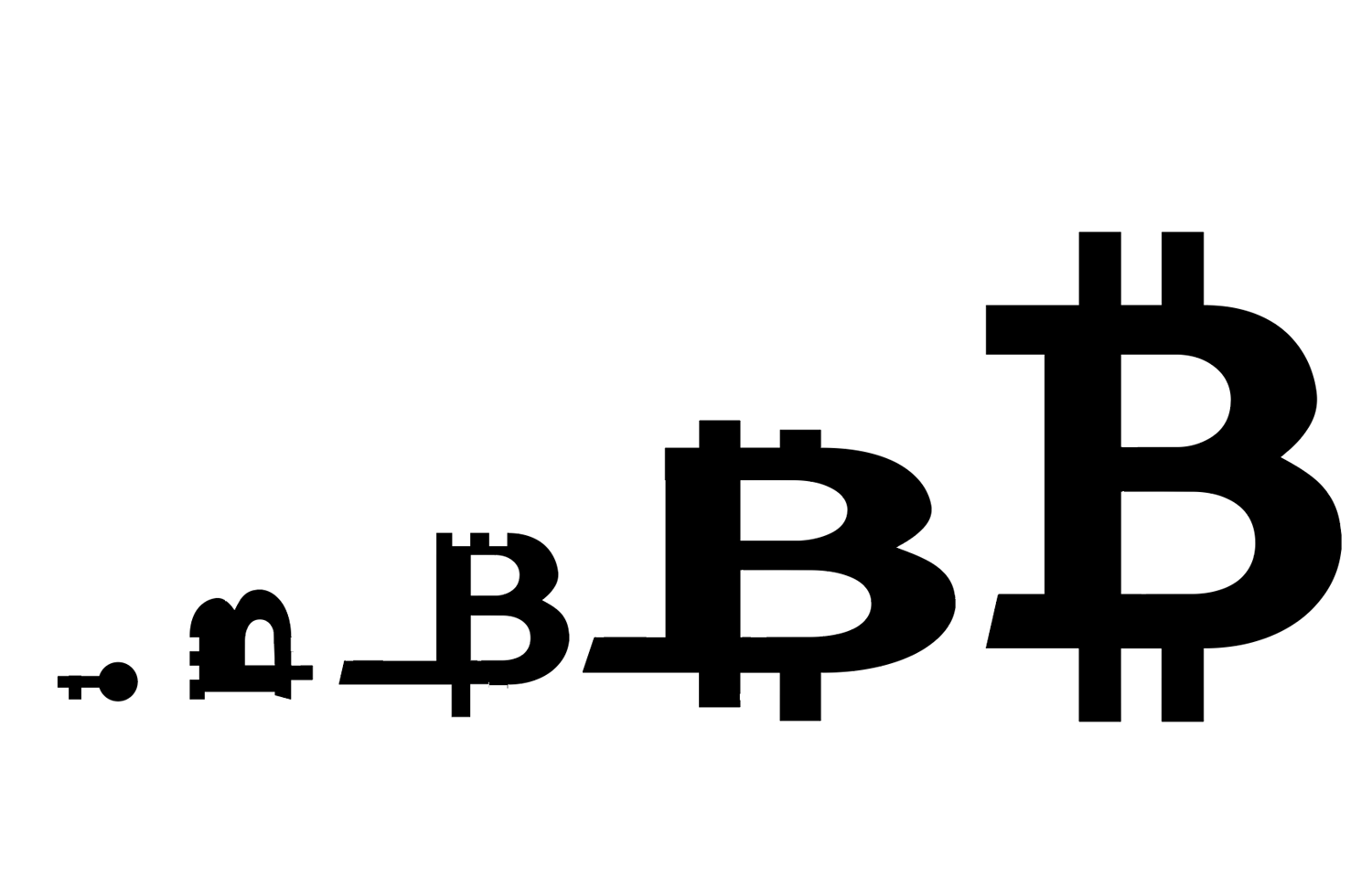Mining the Origins Of The Cryptocurrency in Miami…
By Carolina Bolado Law360, Miami | October 29, 2021 |
A multibillion-dollar battle between the purported inventor of bitcoin and the estate of a deceased computer forensics expert kicks off Monday in Miami, where a federal jury will be asked to determine the nature of the two men’s partnership in a trial that could shed some light on the murky origins of the cryptocurrency.
At issue are 1.1 million bitcoins and intellectual property related to bitcoin software that Ira Kleiman, the brother of deceased software developer Dave Kleiman, says self-professed bitcoin inventor Craig Wright schemed to steal since Kleiman’s death in 2013. The bitcoins were valued at more than $10 billion in February 2018 when the suit was filed, but are worth approximately $69 billion now.
Ira Kleiman is expected to tell the jury that Wright breached an oral partnership agreement to mine bitcoins and develop bitcoin-related technology when he cut Dave Kleiman out of any assets from the partnership — a partnership that Wright maintains did not exist.
The Australian-born Wright, who is the chief scientist at blockchain company nChain, claims to be Satoshi Nakamoto, the pseudonymous author of the 2008 white paper that laid out a “peer-to-peer version of electronic cash [that] would allow online payments to be sent directly from one party to another without going through a financial institution” — what would later be developed as bitcoin. New bitcoins are created, or “mined,” by solving complex computational puzzles.
That Wright and Dave Kleiman were friends is undisputed. The question is whether they also had a business partnership that would entitle Kleiman’s estate to the bitcoin assets. Ira Kleiman argues that the two had a deal to mine bitcoins together and points to statements Wright made after Dave Kleiman’s death about how Kleiman helped Wright craft the white paper.
But while Ira Kleiman says his brother helped develop bitcoin with Wright, Wright argues that it was his invention and that Dave Kleiman’s help was minimal.
“Before litigation he claimed that [Dave] Kleiman was his partner,” Ira Kleiman’s attorney Devin “Velvel” Freedman told Law360. “Plaintiffs don’t contend that Wright is not Satoshi. We say he was half, while defendants say he was whole.”
Wright, who has called the suit a “shakedown,” says there is nothing indicating he and Dave Kleiman had this type of business arrangement. They did co-found a company, W&K Info Defense Research LLC, in 2011 in the hopes of leveraging Kleiman’s status as a military veteran to secure government homeland security contracts. Ira Kleiman says it was through this company that his late brother and Wright agreed to mine bitcoin, but Wright argues that there’s no evidence to that effect.
Counsel for Wright declined to comment before trial.
The case is one of several in which Wright has asserted his claim that he is Nakamoto. In the United Kingdom, Wright has filed lawsuits against bitcoin developers to help him recover potentially stolen cryptocurrency and sued to enforce the copyright of the white paper.
Listed as a potential witness in the Miami case is Scottish journalist Andrew O’Hagan, who published an essay titled “The Satoshi Affair” in the London Review of Books in June 2016 on what happened shortly after parallel investigations in late 2015 by Wired and Gizmodo suggested that Wright was the inventor of bitcoin. In the essay, O’Hagan writes that Wright asked Dave Kleiman to sign an agreement to hold 1.1 million bitcoin for him that would be returned to Wright in January 2020, but there is no evidence Kleiman ever took custody of the bitcoin.
O’Hagan also reported that Wright told him Dave Kleiman carried a hard drive on him with 350,000 bitcoin that they had mined. But when he died in his mid-40s, no family members had the passwords to access Kleiman’s various hard drives with his bitcoin holdings.
What happened to those hard drives is expected to come up in Wright’s defense, as he claims that Ira Kleiman failed to mitigate damage when he erased and overwrote many of his late brother’s hard drives and threw away his papers, destroying information that could have given him access to any bitcoin Dave Kleiman held.
For his part, Ira Kleiman, plans to tell jurors that Wright has lied under oath and forged various documents submitted in his defense, including a list of his purported bitcoin holdings and documents that made it appear Dave Kleiman signed away ownership of W&K Info Defense Research. Ira Kleiman had pushed for sanctions, but U.S. District Judge Beth Bloom declined the request last year and said the concerns are best addressed by a jury.
Wright has said that he never set out to intentionally deceive the court, pointing to an autism diagnosis he received. Among the witnesses he intends to call is a medical expert to testify about how the diagnosis affects his statements and actions.
For Ira Kleiman, part of the challenge will be proving that Wright has control over the bitcoin at issue in order to win on his conversion claim, according to Josh Migdal, a litigator at Mark Migdal & Hayden who is not involved in the case. Kleiman argues that Wright controls the bitcoins, while Wright says he has not been able to access them.
“They’re going to have to articulate to a jury as to how bitcoin is kept and based on how it’s kept, what they can show through circumstantial evidence, because he’s obviously denying that he controls it,” Migdal said. “It’s going to provide interesting factual predicates as to other cases down the road to show how a jury can be convinced that there is appropriate evidence of somebody having the ability to show ownership of bitcoin.”
He added that under Florida law, in order to establish a claim for conversion of money, one needs to show that it is specific and identifiable.
“It’ll be interesting to see if in this trial bitcoin is viewed the same way as money,” Migdal said. “I think they’re probably going to say that it’s property other than money, because I think it might be hard for a federal court to agree that bitcoin is money.”
Brian Klein, a litigator and blockchain expert at law firm Waymaker, said the district judge won’t have much case law to guide her on a number of issues, including how to value the bitcoin, whether at the time of the deal, the time of the filing of the suit or present-day value. If the jury opts to give Ira Kleiman a win, valuation will be a hotly contested issue, given the volatility of the price of bitcoin.
[…] Read the full article on Law360 – link below
The case is Kleiman v. Wright, case number 9:18-cv-80176, in the U.S. District Court for the Southern District of Florida.




